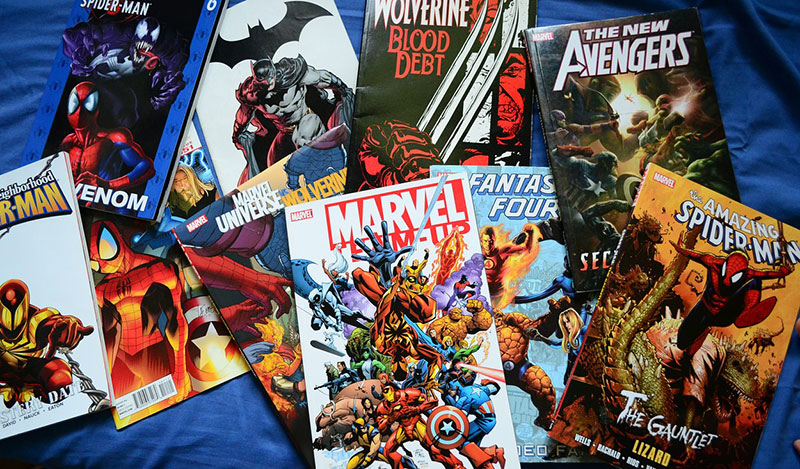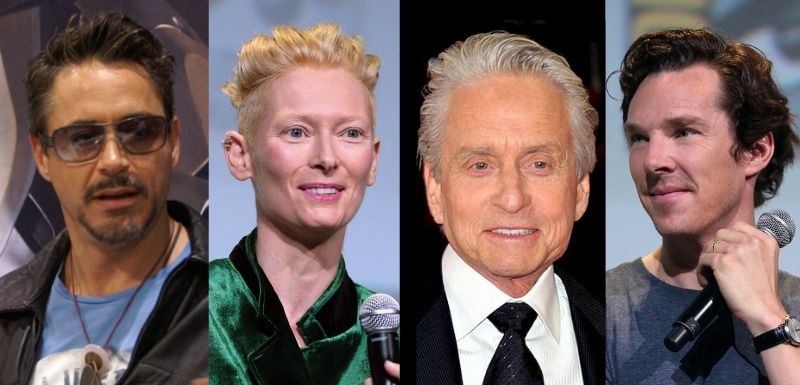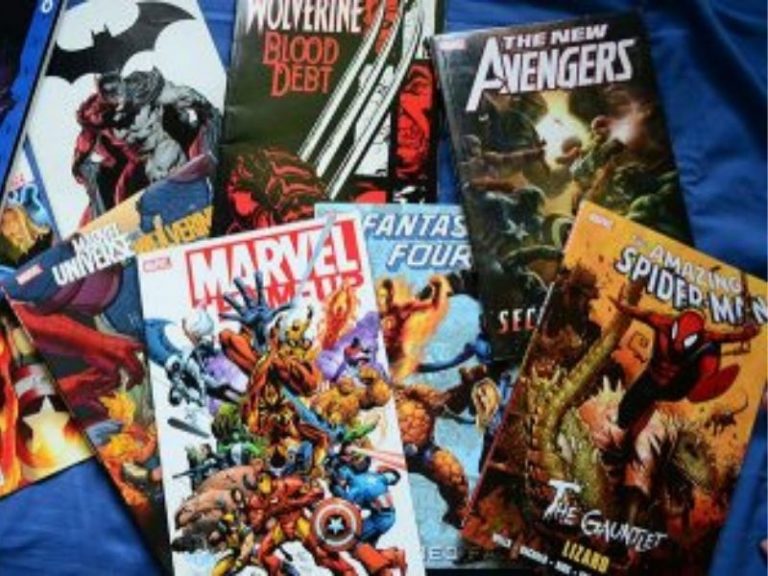Marvel mania: what makes it so popular?
-Riya Ganguly

Marvel has kept its loyal viewers in rapt attention with the enormous success of its two most recent online releases- WandaVision (January) and Captain America and the Winter Soldier (March). It has only risen in prominence and viewership with the “Loki” series approaching its much-awaited conclusion on 14th July 2021. As we continue to see Marvel smash old records and create new ones, we can’t help but wonder, what makes Marvel so popular; what is its glorious purpose?
The superhero persona
Children have always served as the largest audience for the Marvel comics and movies, and it is precisely the superhero persona which keeps the young impressionable minds in rapt attention as they look up to several of the iconic characters as role models. Through seemingly childish ideas of fictional wars and being the “saviours of mankind”, children find themselves drawn into the good vs. evil dichotomy, subconsciously imbibing the virtues the heroes stand for. The sense of righteousness and the common trope of “stand out, don’t blend in” often resonate with the tender minds, allowing them to dare to express themselves. Brought to life by hyper-realistic VFX and CGI technologies, adult and younger viewers alike find an excitement in escaping to the cinematic world dominated by semi-mythical gods and all-powerful superheroes. Teetering between fantasy and reality, they find great satisfaction at the ultimate inevitable triumph of good over evil which characterizes all Marvel movies.

Big names from the movie industry
With directors and actors coming together from a large range of genres, the Marvel movies blend the varied experience of its cinematic crew, capitalizing on their existing popularity. For instance, Marvel has integrated people from a large variety of genres into its cinematic universe, starting from the Parcs and Rec sitcom star Chris Pratt to academy award winning/nominated actors such as Robert Downey Jr. and Brie Larson. This move not only adds variety to the Marvel productions, but also brings in several new viewers who may be intrigued into watching the films in following the works of such big names from Hollywood.
Integration of real-world problems
With the inception of phase-4 of the Marvel Cinematic Universe (MCU), Marvel has reworked the superhero genre to encompass more real-world problems. The former model of the films primarily focusing on the fictional superheroes has been widened to address many more sensitive topics, adding a fresh new perspective and greater sense of relatability to the films and series. Phase-4 of the MCU began with WandaVision which addressed PTSD, grief and trauma as significant post-war effects in the portrayal of the guilt-wrecked Wanda. This was followed by Falcon and the Winter Soldier which broke all records in becoming the most watched show on Disney+, discussing serious issues such as racial profiling and discrimination, Black history erasure and the ethically abusive Tuskegee study of the 20th century.

Greater representation
Often criticized for whitewashing its characters and an insensitive portrayal of ethnically diverse roles, Marvel has begun to make a conscious effort in integrating more actors and characters from varied cultural and ethnic backgrounds. This can be seen in a greater representation of Asian actors in prominent roles and integration of more persons of colour in phase 4 of the MCU, such as casting Pakistani-Canadian Iman Vellani in the role of Kamala Khan in Ms Marvel, Chinese-Canadian Simu Liu among several others in the upcoming Shang-Chi and the Legend of the Ten Rings, Pakistani-American Kumail Nanjiani in Eternals and the conjectured involvement of Indian actor Farhan Akhtar in Ms Marvel. The most recent Loki series is no exception as it has taken a step forward towards LGBTQ+ representation. While Marvel still has a long way to go in this endeavour, it is surely a step in the right direction for greater diversity on centre stage.
Many viewers still consider Marvel productions solely catering to younger audiences; however, Marvel has come a long way since its first film in 2008, consciously attempting to generate content that can be enjoyed by all- a little something for everyone. But one thing remains undisputed- Marvel is more popular than ever as it continues to smash records with Disney+ Hotstar releases, unhindered by COVID effects on online and box office releases.
Also read: What you need to know before your child watches Avengers: Infinity War

















Add comment